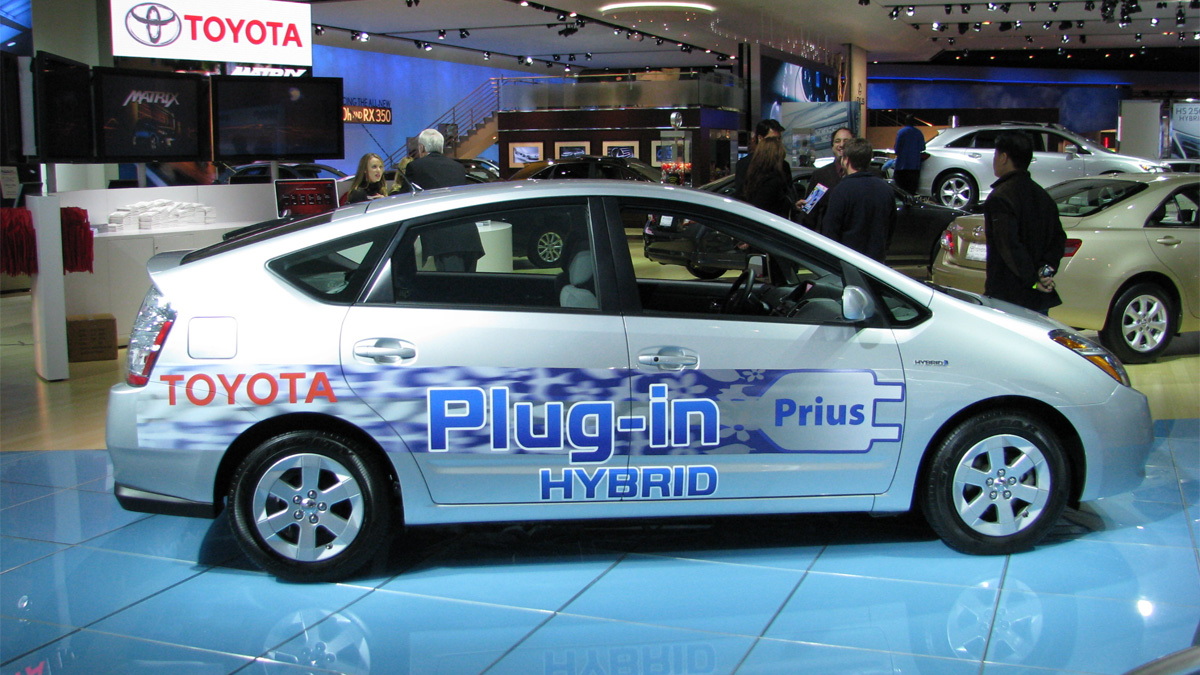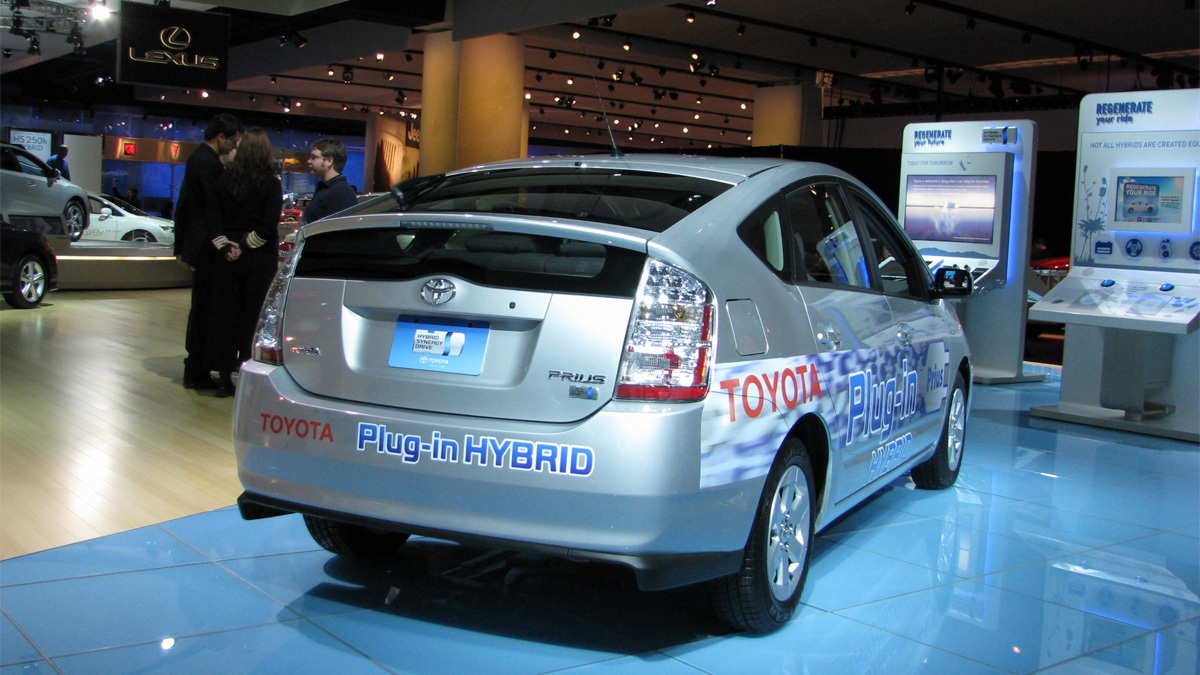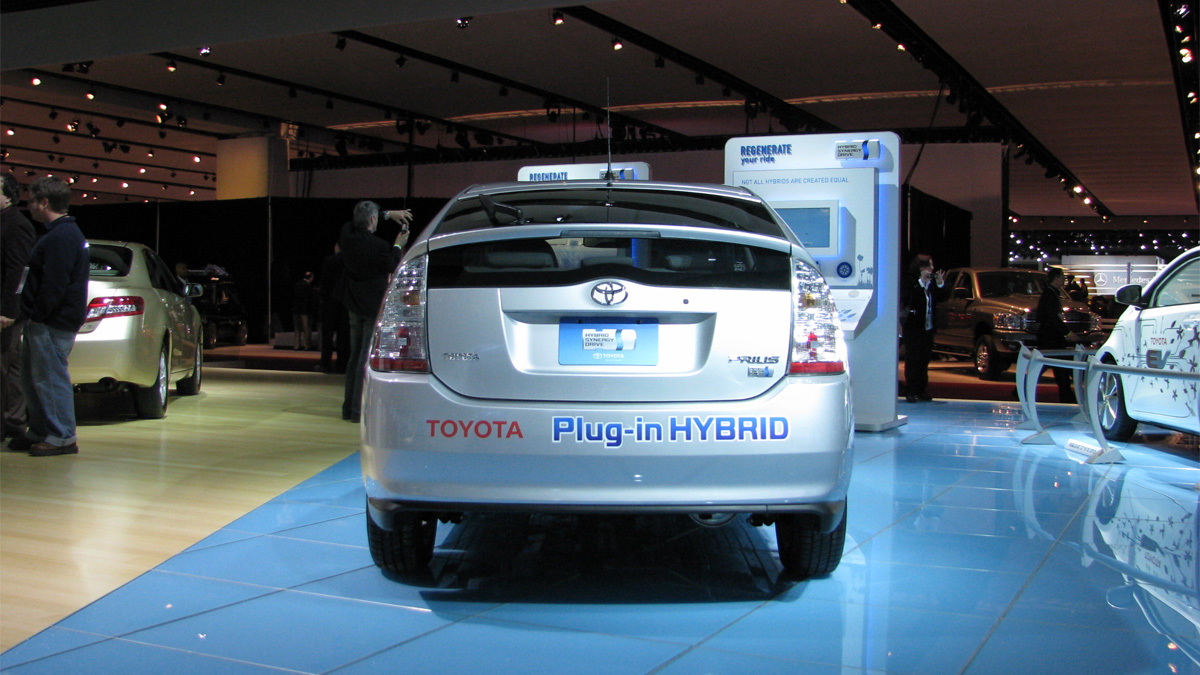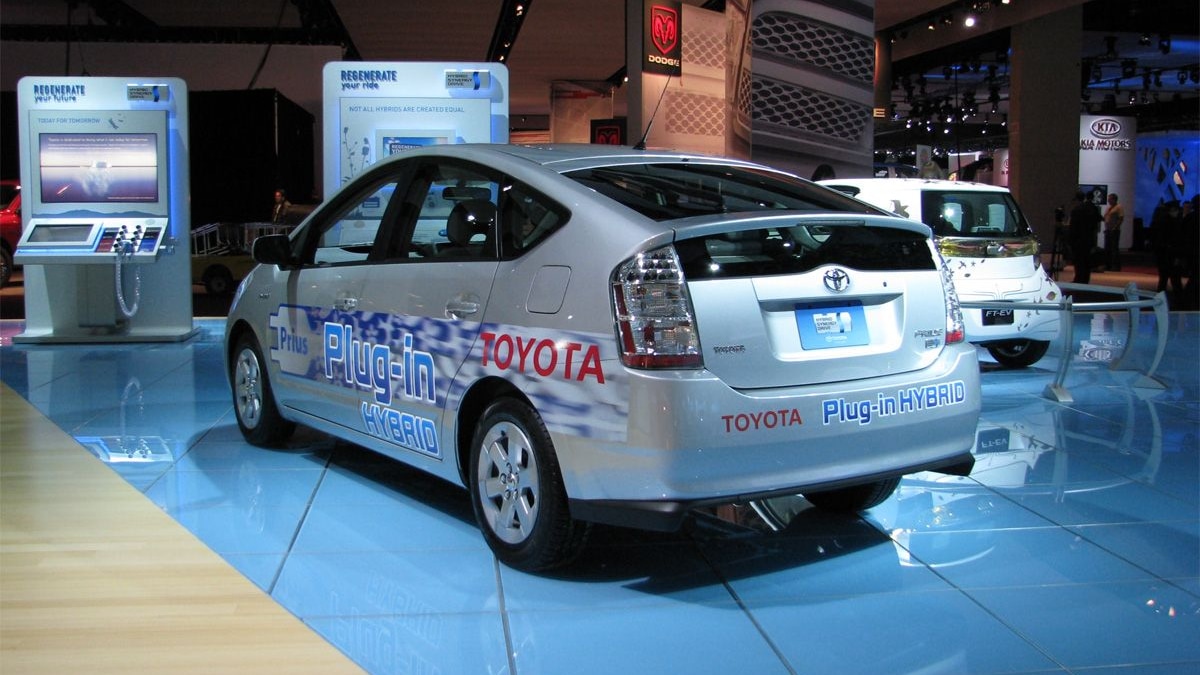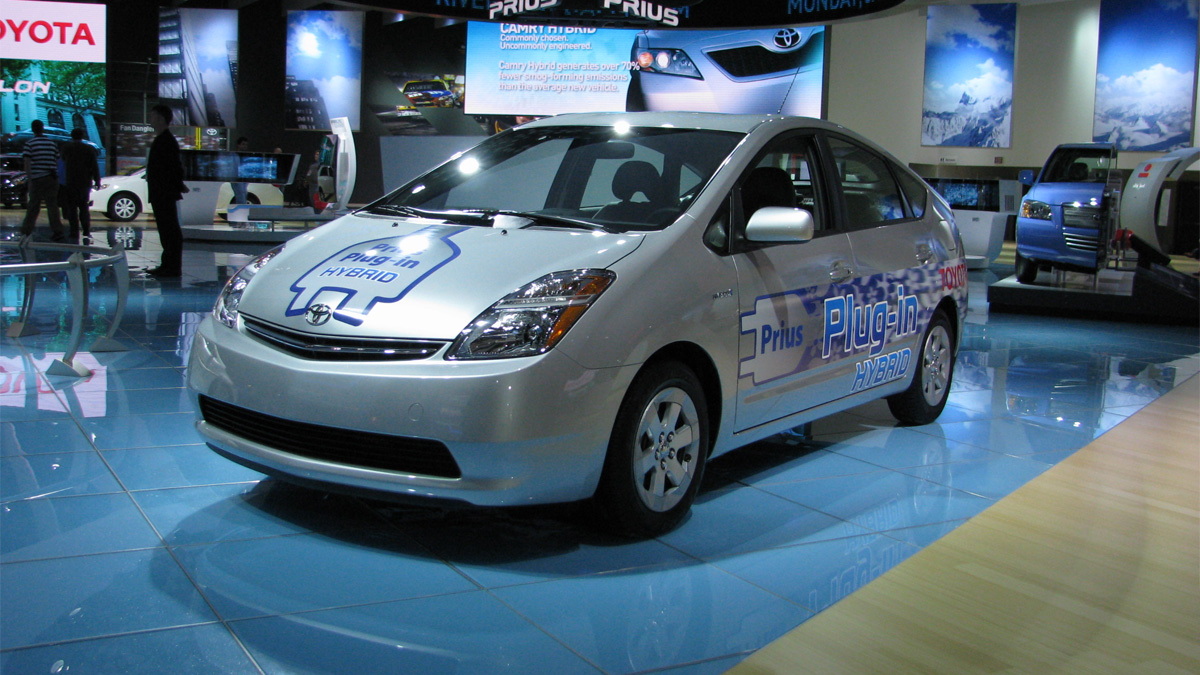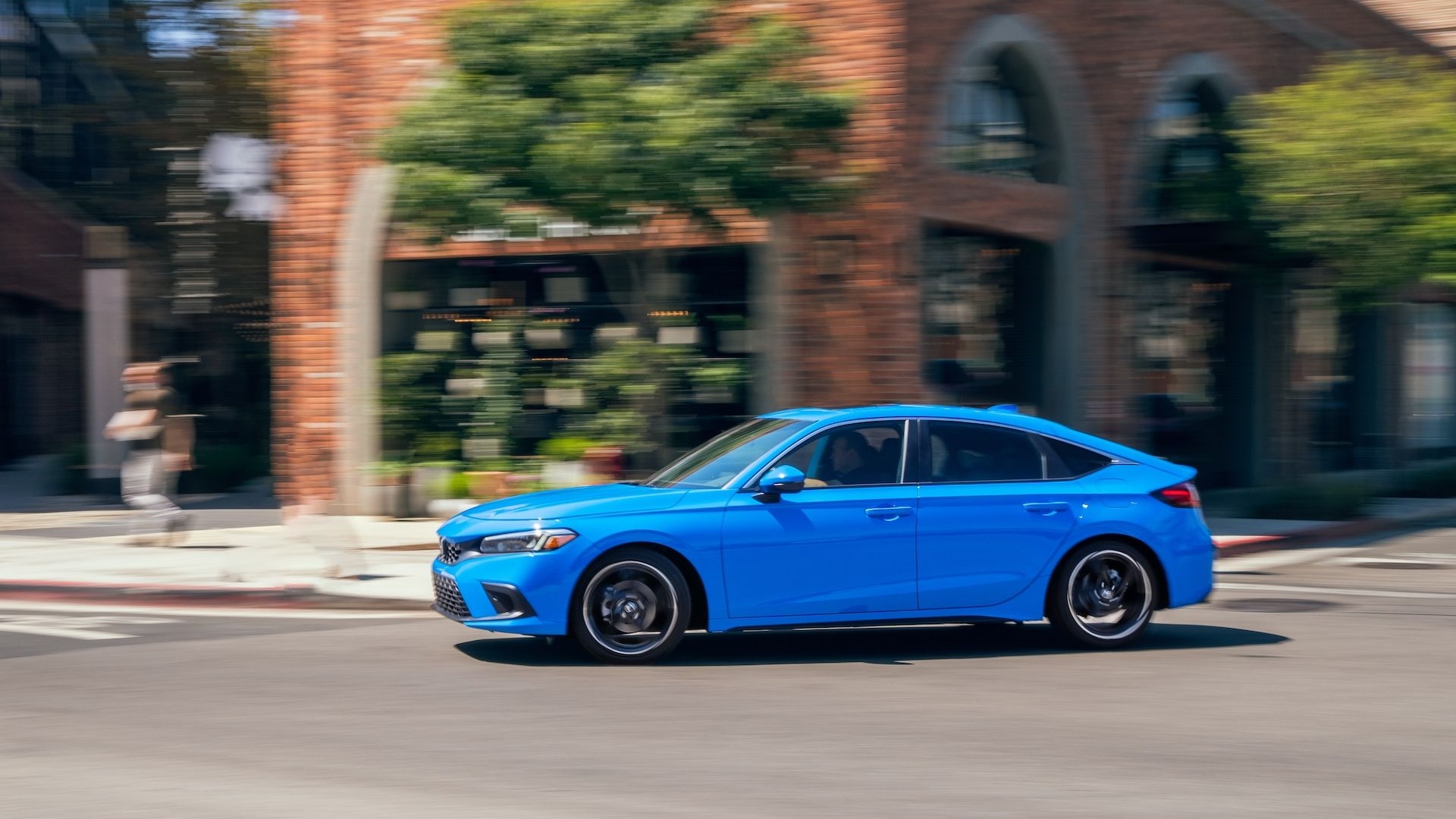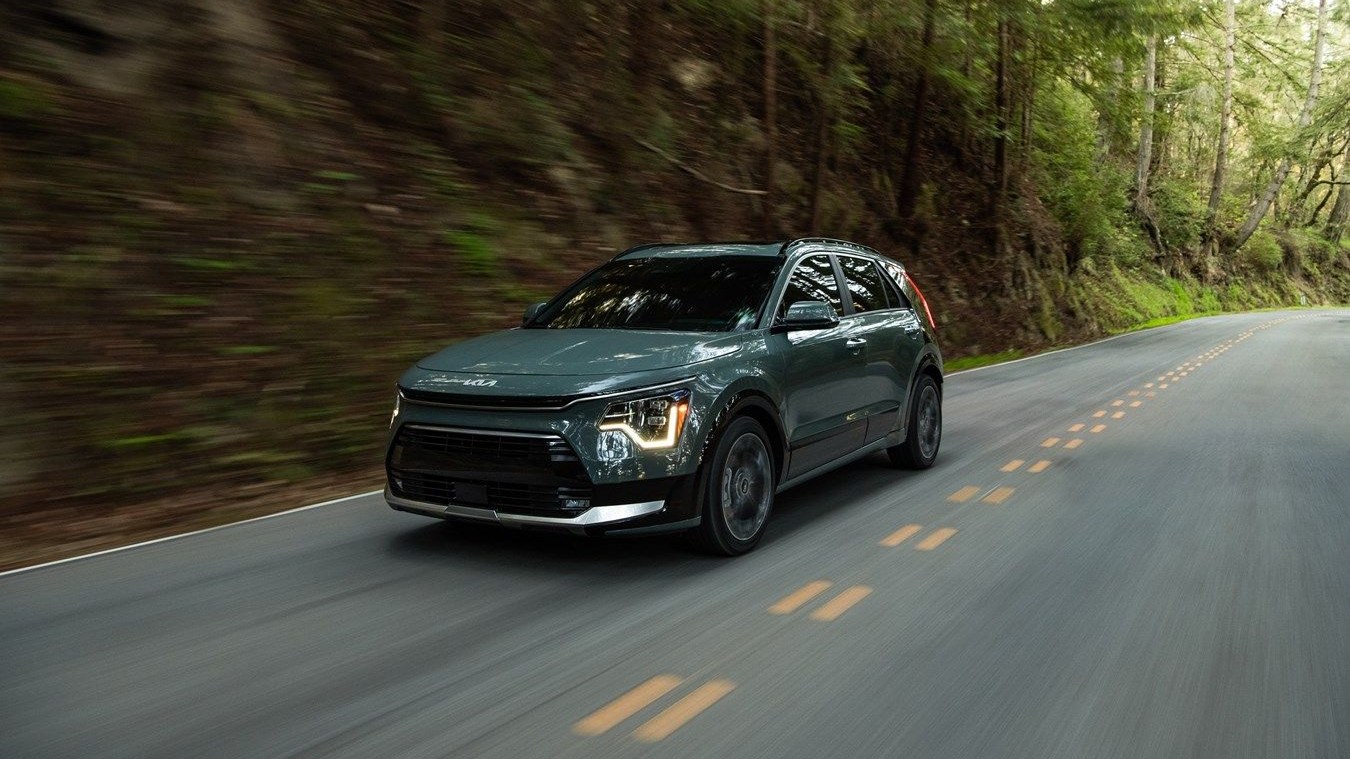That's a tiny amount compared to even the Toyota Prius, which alone sold almost 160,000 copies in 2008. The gloomy outlook on plug-in hybrid sales is based on their high price, long recharge times and durability issues with their battery-dependent systems, Bill Reinert, Toyota's U.S. manager for advanced technology, told the National Academy of Sciences panel in Washington today.
A Bloomberg report also highlights the relationship between fuel prices and interest in hybrids, particularly plug-in hybrids, which can escape the need for fuel altogether under certain circumstances.
General Motors has previously made its disagreement with such assessments of plug-in hybrid technology known, saying that expense alone isn't always a problem for buyers of hybrids. There is ideological motivation behind the purchase, or at least a social motivation.
And beyond that, it will be difficult to achieve the newly announced national fuel efficiency standards' rapid rises without some form of more advanced powertrain technology. Carnegie Mellon's study found that using smaller battery packs that provide just 7-12mi range on electricity would yield the ultimate balance of efficiency and cost.
Toyota is still expected to release its own plug-in hybrid by late 2009 or early 2010 according to the latest reports, however, and testing of the vehicles is already underway.
